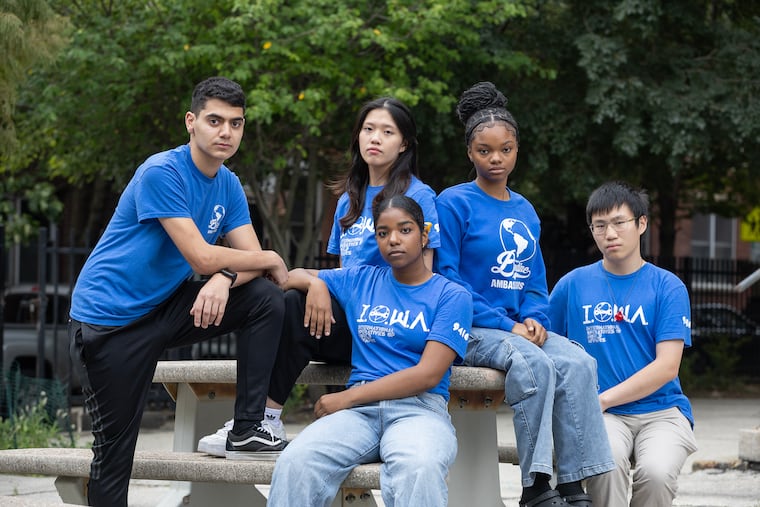After student pushback, Philly schools restore millions to extracurricular programs
The district has allocated $1.2 million for the rest of the school year and $1.8 million to fund clubs and programs that would otherwise not be able to run.

Months after cutting funds for extracurricular programming, Philadelphia School District leaders have promised a restoration of some activities.
Superintendent Tony B. Watlington Sr. said the district has allocated $1.2 million for the rest of the school year and an additional $1.8 million to fund clubs and programs next academic year that would otherwise not be able to run.
Next month, middle and high schools will get funding for 120 hours of extracurricular activities — an amount similar to that already allocated to elementary schools.
And in January, all schools will be eligible to apply for additional funding to support new and existing clubs. The money will pay for supplies, registration fees, transportation and teacher pay to sponsor the activities.
“We’ve heard our young people loud and clear, and we’re so proud of our young people for making their voices heard,” Watlington said at the November board meeting, adding that “our grants office will also keep their foot on the gas, looking for additional external resources as well. This will help us to sustain some of the successful efforts from the past, and allow us to think about some newly proposed offerings.”
The funding cuts were a result of the end of federal pandemic relief money, which the district had used to fund extracurricular programming over the past three school years. Individual schools said they planned accordingly but didn’t find out until the summer that additional money allocated by the district’s central office was also going away — in some cases, too late to stretch individual school budgets to pay for the clubs.
A win for students
The funding restoration was welcome to many, including students who have appealed to Watlington and the school board for months. Among those who spoke out were members of Central High’s robotics team, which took home a world championship in April. The other teams who won the prize with the RoboLancers got parades and accolades, Stanley Gao, one of the team’s captains, told the board.
“When we returned home to Philadelphia, we received the news that the school district took away 100% of our funding, despite them telling us repeatedly that they wouldn’t,” Gao said before the new funding was announced.
Lilianna Sand, another RoboLancers captain, said details still hadn’t been communicated to schools, but “it also feels good to have an answer, a win.”
It’s not clear how the initial funding gap will affect schools. But Sand and Michael Johnson, the RoboLancers’ coach, said some schools that ran teams in prior years had indicated they had already decided to drop out.
The high school robotics season is about to start, and only two neighborhood high schools, Lincoln and Northeast, said they would field teams. Central’s team started its own nonprofit, the Philadelphia Robotics Coalition, nine years ago, to build up the robotics ecosystem in the city. It’s not clear how the new money will affect that nonprofit, which is now independently run.
Overall, Johnson said, the district’s news is good.
“I’m so excited to hear the district announcing new investment in out-of-school time activities, in robotics,” said Johnson. “Having all this funding disappear at the end of last year was a real blow. I hope that this money comes through that teachers who are right now volunteering or mostly volunteering their time can get paid, and the schools and principals have been borrowing here and everywhere to make robotics happen can backfill that money.”
Bodine High students who had also advocated for the restoration of funding were similarly cheered.
“It gave us a relieved sensation,” said Khader Motan, a Bodine senior and captain of the debate team. Debaters amass points based on the number of events they attend, and the timing of the funding means Bodine students can still be in the running for awards and championships. “This will make a difference to students who are here after we leave, too.”
Motan and Julianna Tejada, a classmate and Bodine robotics captain, said it felt good to have their voices heard.
“We were very happy, very proud,” said Tejada. “What we said impacted the board members and it’s going to impact every other school and allow kids to find things they like.”